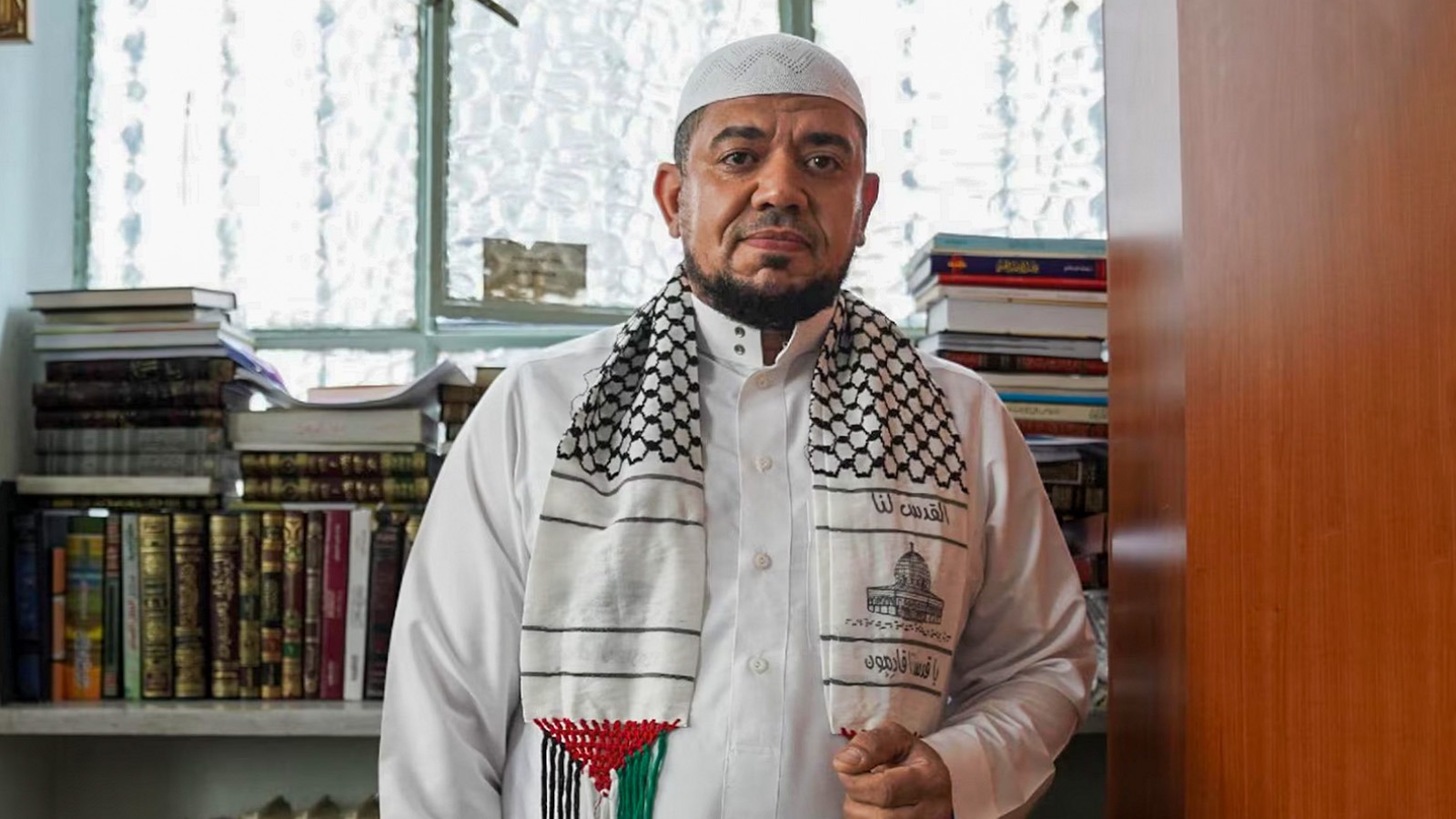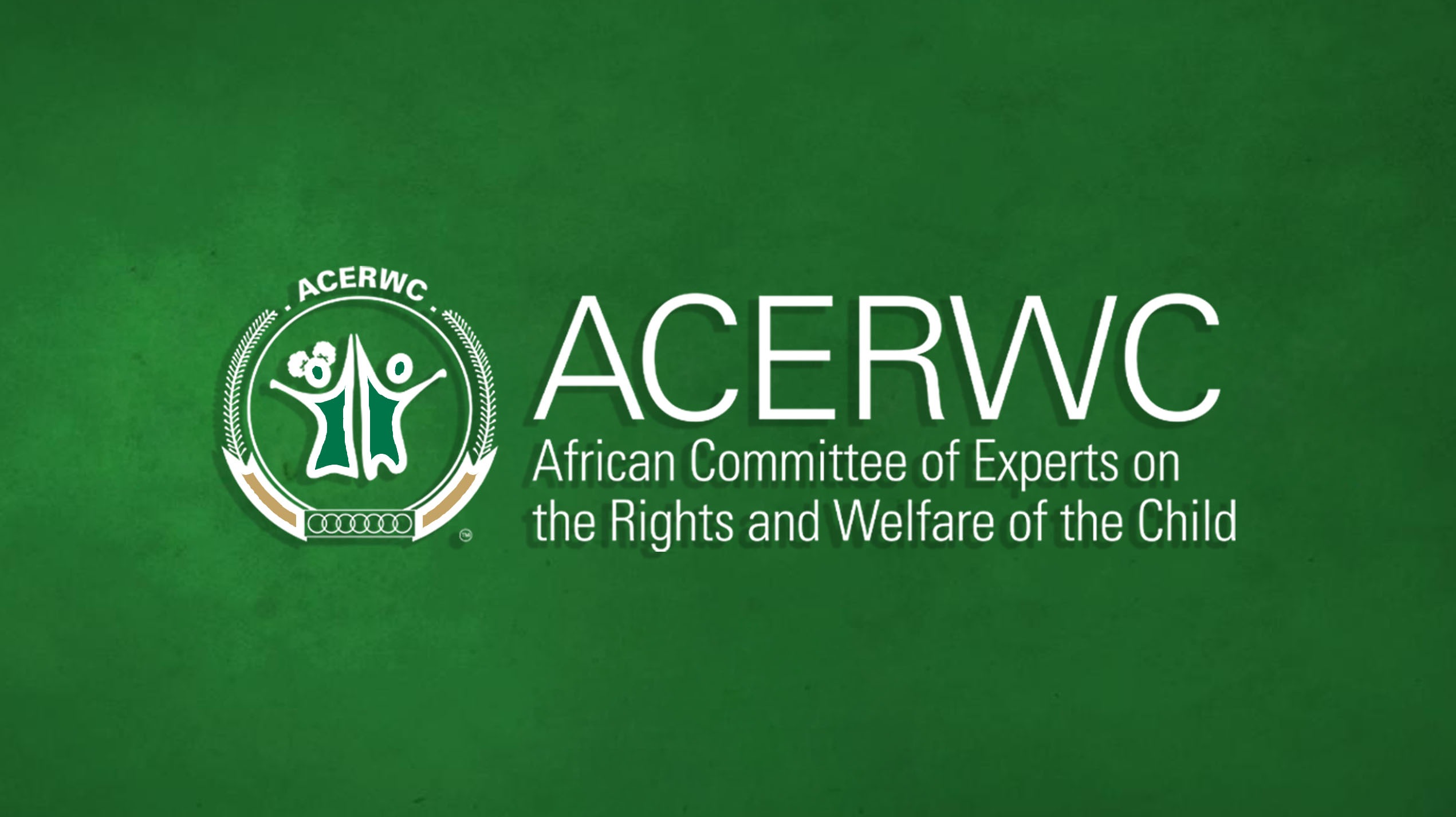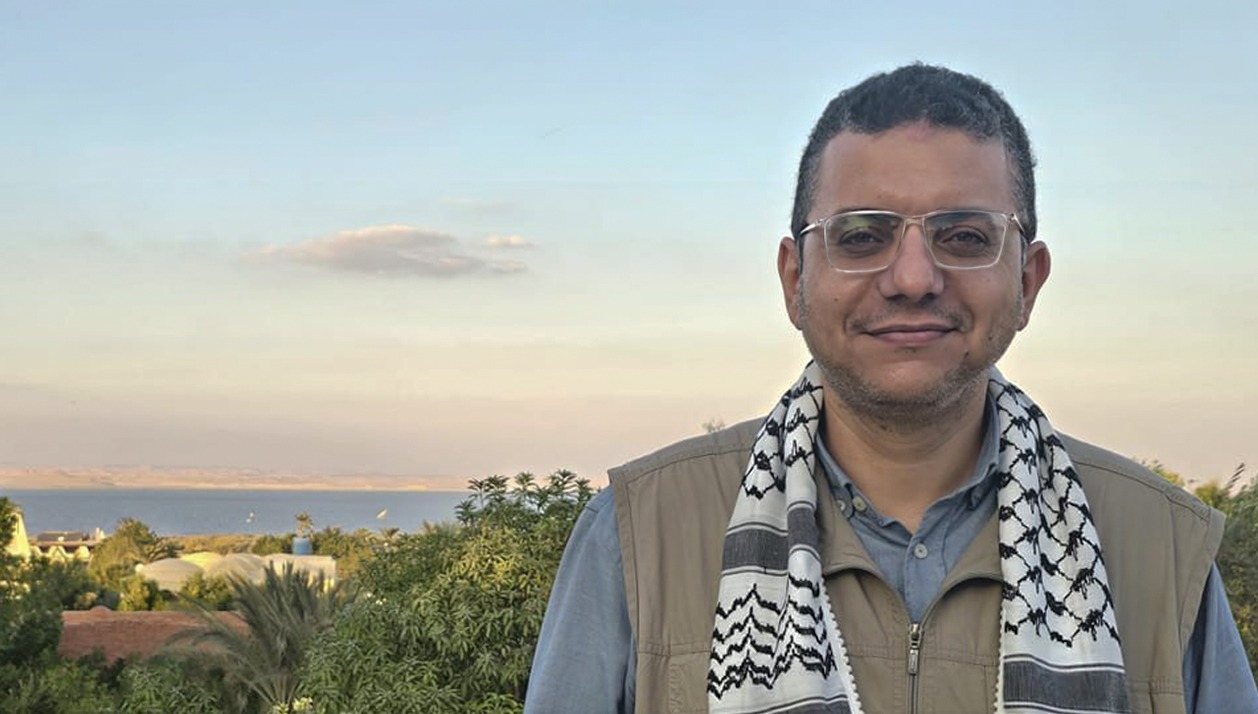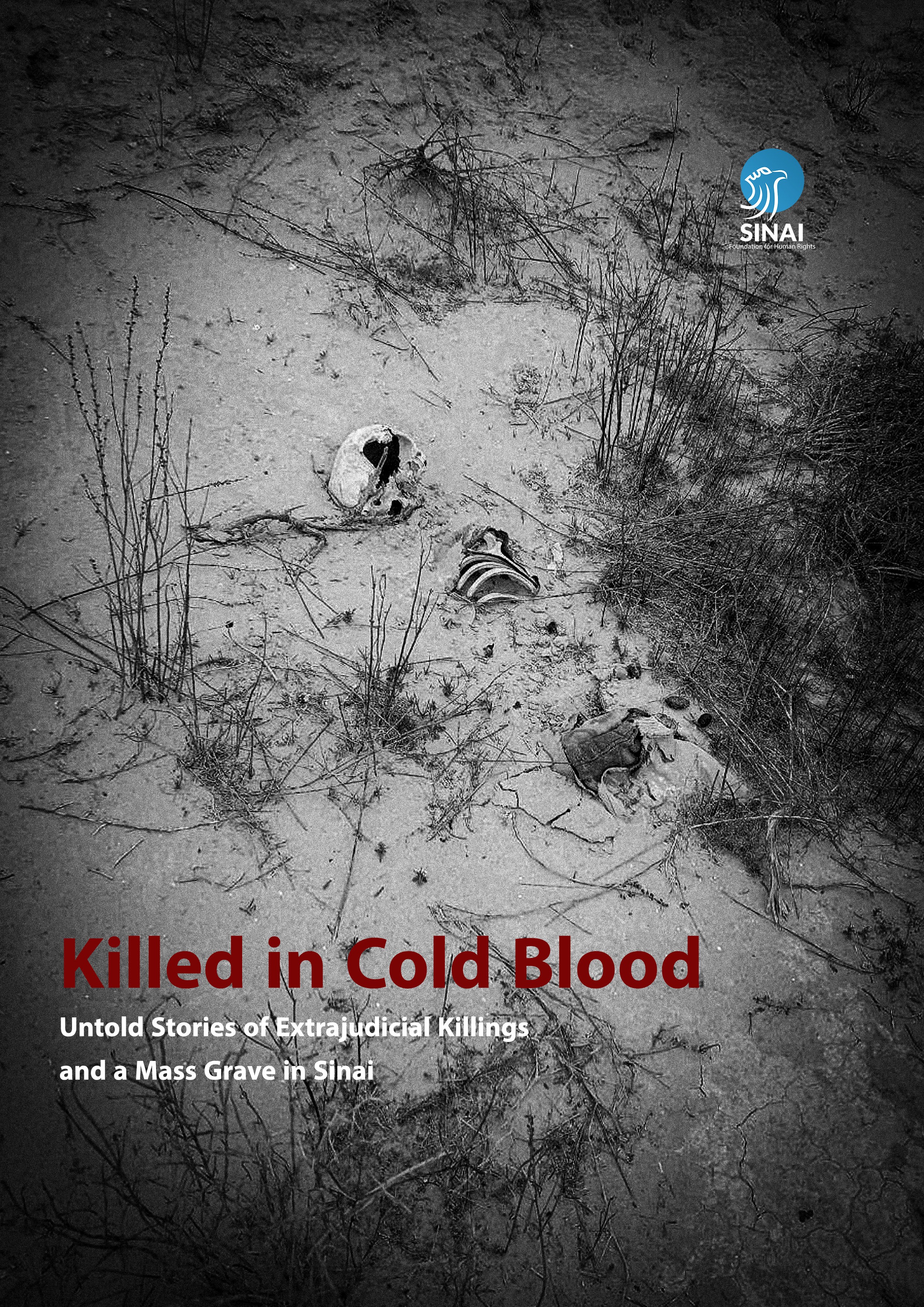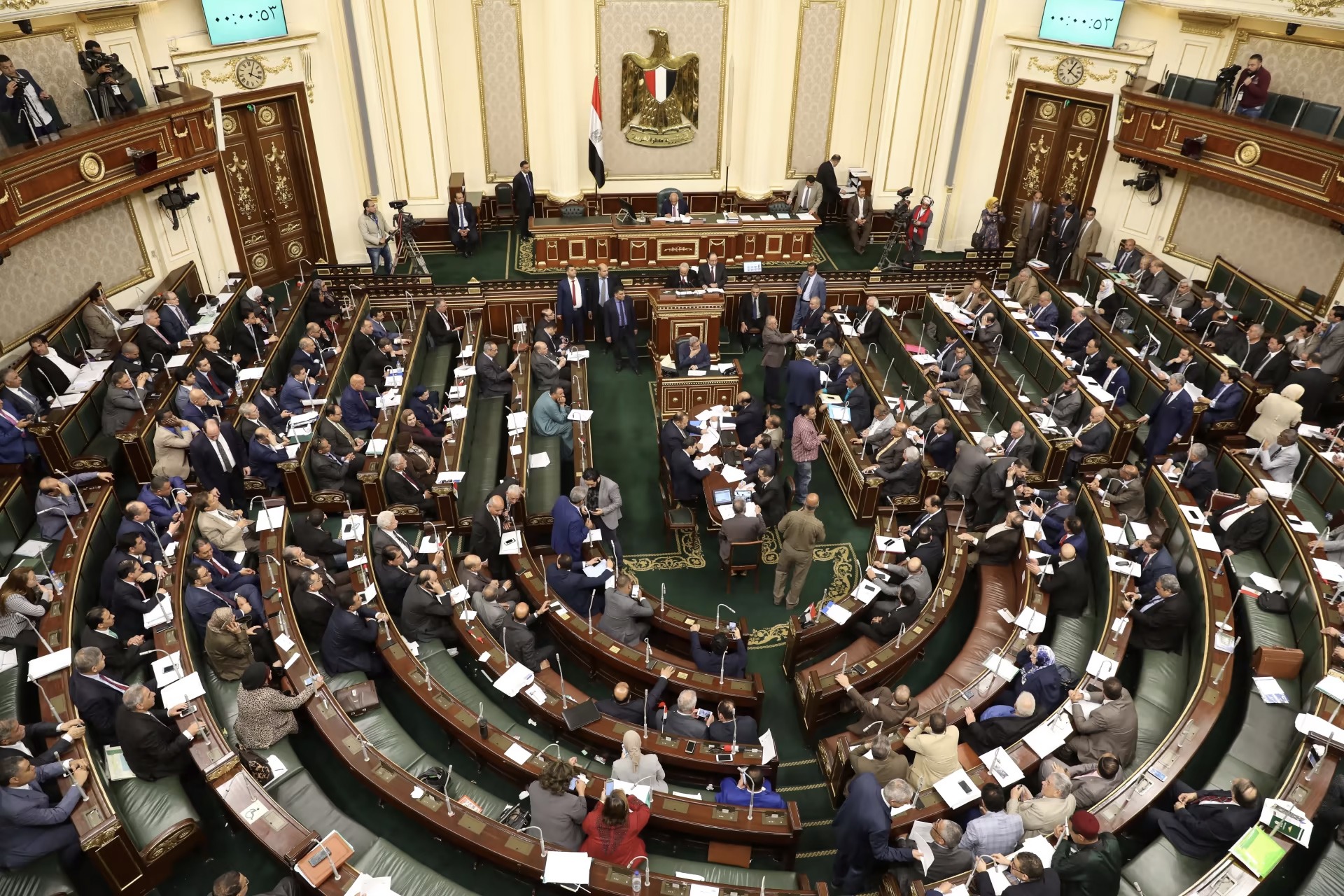
The Criminal Procedure Law Project Undermines Justice and Establishes More Trials Without Fair Guarantees
The undersigned organizations reject the current version of the Criminal Procedure Law project and demand its withdrawal and a return for review and discussion with stakeholders—including lawyers, journalists, and human rights organizations—before its approval. The amendments included in the current draft threaten justice and the guarantees of fair trials for citizens.
On August 17, 2024, the House of Representatives announced the completion of the new Criminal Procedure Law project to replace the existing law, after work that began in 2017 when the government presented it to parliament. Discussions resumed in early 2024, and the law is expected to be presented for general session voting and discussion at the beginning of the upcoming legislative session in October.
A subcommittee of the Constitutional and Legislative Affairs Committee of the House of Representatives has been working on the law alongside the original committee, which has been under government influence due to the dominance of members from ruling parties and clear representation from the Ministry of Interior and the Public Prosecution. In contrast, there has been weak representation, averaging one member from each of the official judicial bodies, the National Council for Human Rights, and two academic experts in criminal law. The subcommittee also included representation from less relevant bodies for the discussion, such as the Senate.
The lack of representation for stakeholders, such as the Judges' Club, the Bar Association, the Journalists' Syndicate, and civil society organizations in both committees, indicates the insincerity of the official authorities, as they claimed in recent years to hold a comprehensive national dialogue to address ongoing political crises. It also reflects an unconstructive approach to the discussion, as criticisms of the draft law have been met with accusations against the critics of stirring public opinion and undermining trust in state institutions, despite the fact that the objectors have proposed practical alternatives to the proposed amendments.
The intentional formation of the subcommittee has played a subsequent role in passing the law project through majority voting—a misleading mechanism in this context—resulting in the approval of articles that represent the interests of the executive authority, namely the government, the Public Prosecution, and the Ministry of Interior, who have the majority voting power. This occurred despite claims that each entity has only one vote, regardless of how many representatives they have; nevertheless, the official government side remains the majority.
Promises of amendments from the House of Representatives seem to be in vain, despite its approval of some articles and insistence on many others. These will remain subject to rejection or alteration during the general session according to the voting of the parliamentary majority loyal to the authority. Furthermore, the articles that the House of Representatives agreed to amend are few compared to the number of articles with serious issues regarding the rights of defense and defendants, and there has been no clarification of the format that the required amendment will take before referral to the general session for voting and discussion in October. Questions also linger regarding promises of amendments, especially in light of the call for unrelated groups, such as representatives of the military judiciary, to join the legislative committee following the attack on the announced version of the law project.
The philosophy behind the project revolves around normalizing the practices and exceptional powers that have been tested during the war on terrorism and integrating them into ordinary judiciary processes, with the aim of empowering and protecting law enforcement forces, judicial officers, and the Public Prosecution. This has revealed much about the politicization of the Public Prosecution institution over the years. This includes provisions that prevent victims from filing criminal lawsuits against public officials directly, protecting public officials from crimes that are not subject to statutes of limitations, such as torture, violations of personal freedom, and the sanctity of citizens' private lives, and allowing judicial officers to interrogate defendants.
In pursuit of this protection, the law's provisions infringe upon citizens' rights to a fair trial and the rights and principles of the defense counsel. The law does not invalidate procedures if law enforcement and public authority officials fail to identify themselves during an arrest or search. Additionally, it expands the powers of law enforcement officers when searching homes and taking precautionary measures according to their discretionary authority without prior judicial approval and without specifying the required evidence.
The law also allows the prosecution to conduct investigations in the absence of the defendant, their defense, or civil rights representatives, as it sees fit . It restricts the defense's ability to operate, allowing the prosecution to limit the opposing party's representative from speaking unless permitted, except for defenses and requests. It also restricts the defendant's and the defense's rights to access case files and investigations during the inquiry if deemed appropriate. The law allows home searches without the presence of the owners or their representatives and does not require the presence of two witnesses from neighbors or relatives or documentation of this in the record, as was previously required under the current law.
Additionally, in a manner unrelated to the national dialogue and as an indication of the insincerity of the discussion, the law has circumvented the outcomes of the national dialogue by adding a new justification for pre-trial detention: "to prevent serious disruption of public order and security." It also limited the issuance of precautionary measures to the Public Prosecution only, despite the limited duration of pre-trial detention. Furthermore, it grants the Public Prosecution powers akin to those of a summary and appellate court in extending pre-trial detention for certain crimes without a mechanism for appealing its decisions. The law allows the Public Prosecution to prevent communication between the pre-trial detained defendant and other detainees, as well as to deny visits to them without infringing upon the right to contact their defense counsel. It also enables the public prosecutor to take temporary precautionary measures without a maximum time limit for preventing the handling and management of the assets of defendants and their families without a prior ruling.
In a disregard for the standards of fair trials, the law restricts the public nature of all or some sessions and limits attendance for certain groups without specifying which groups those are. It also requires that any broadcast or publication about the session receives written approval from the presiding judge after consulting the Public Prosecution. Furthermore, the law allows the court to criminally charge a lawyer for actions deemed disruptive during "the performance of their duty in the session." It also differentiates between judicial officers and the Public Prosecution from judges by allowing the opposing party to challenge them, while judicial officers and the Public Prosecution cannot be challenged.
The undersigned organizations demand the withdrawal of the announced law project and its return for discussion with genuine, balanced, and comprehensive representation of the main stakeholders in this file from the Judges' Club, the Bar Association, and the Journalists' Syndicate. The organizations also call for the inclusion of their opinions in any future draft of the law and urge patience before issuing this law after rounds of genuine societal and political dialogue. There should be a commitment to the provisions of the Egyptian constitution regarding fair trials, the protection of personal freedom, judicial independence, property rights, and the sanctity of private life. The organizations consider the announced project a regression from the achievements of the rule of law and the development of Egyptian criminal law over the past century and a half, undermining citizens' rights and retreating from Egypt's international commitments and constitutional guarantees. Until a draft law is reached that aligns with international standards and upholds the principles of fairness and justice, the proposed amendments regarding pretrial detention provisions in the current law, which were discussed during the National Dialogue, can be approved, as they contribute to resolving the current issue of arbitrary pretrial detention.
Signatory organisations:
-
Egyptian Front for Human Rights
-
Sinai Foundation for Human Rights
-
EgyptWide for Human Rights
-
Refugees Platform in Egypt
-
HuMENA for Human Rights and Civic Engagement
-
REDWORD for Human Rights and Freedom of Expression
-
Law and Democracy Support Foundation
-
Egyptian Commission for Rights and Freedoms
-
Egyptian Network for Human Rights
-
Egyptian Human Rights Forum
Tags
Recent Posts
Most viewed
Related Postes
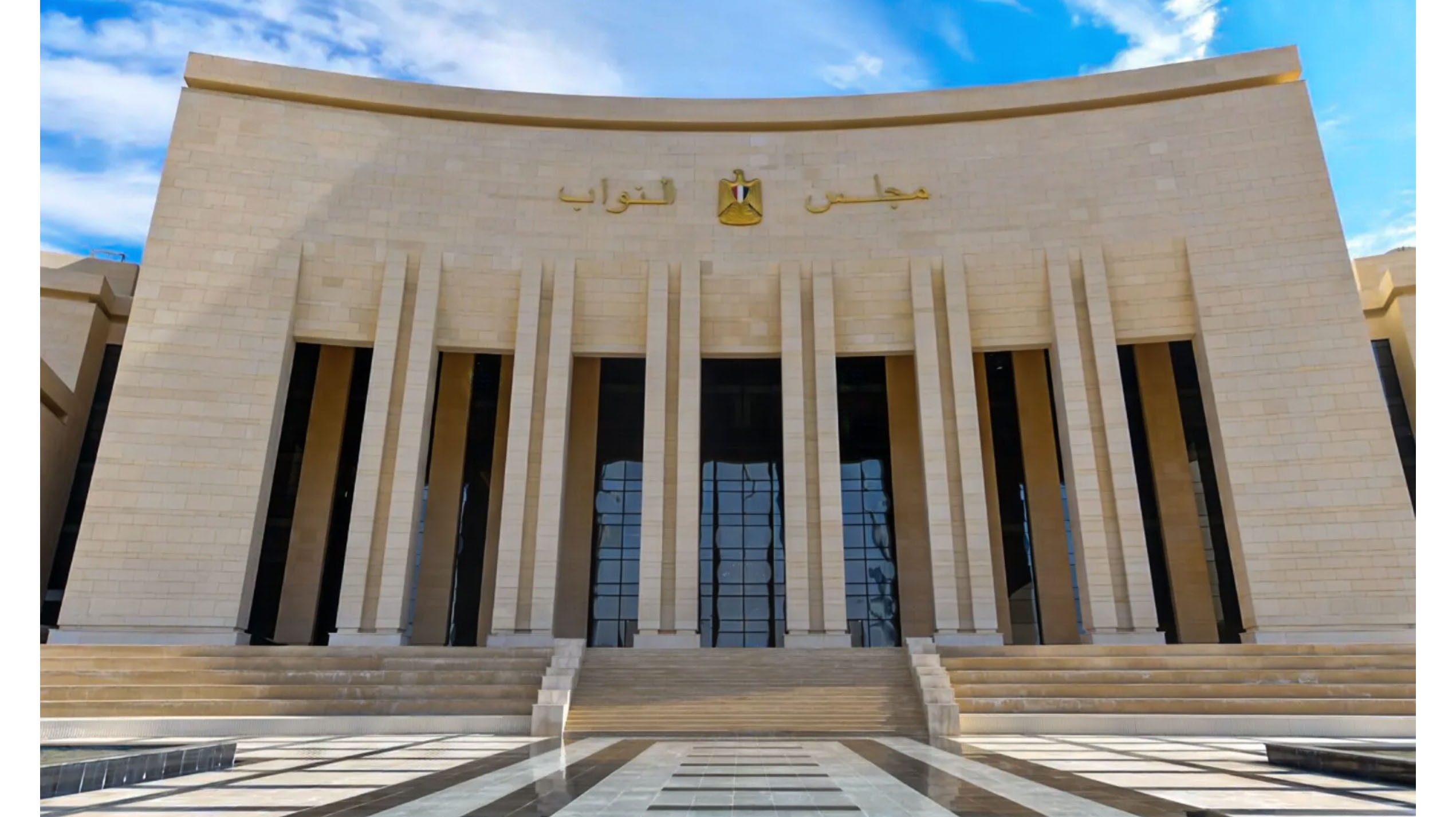 English content
English content

